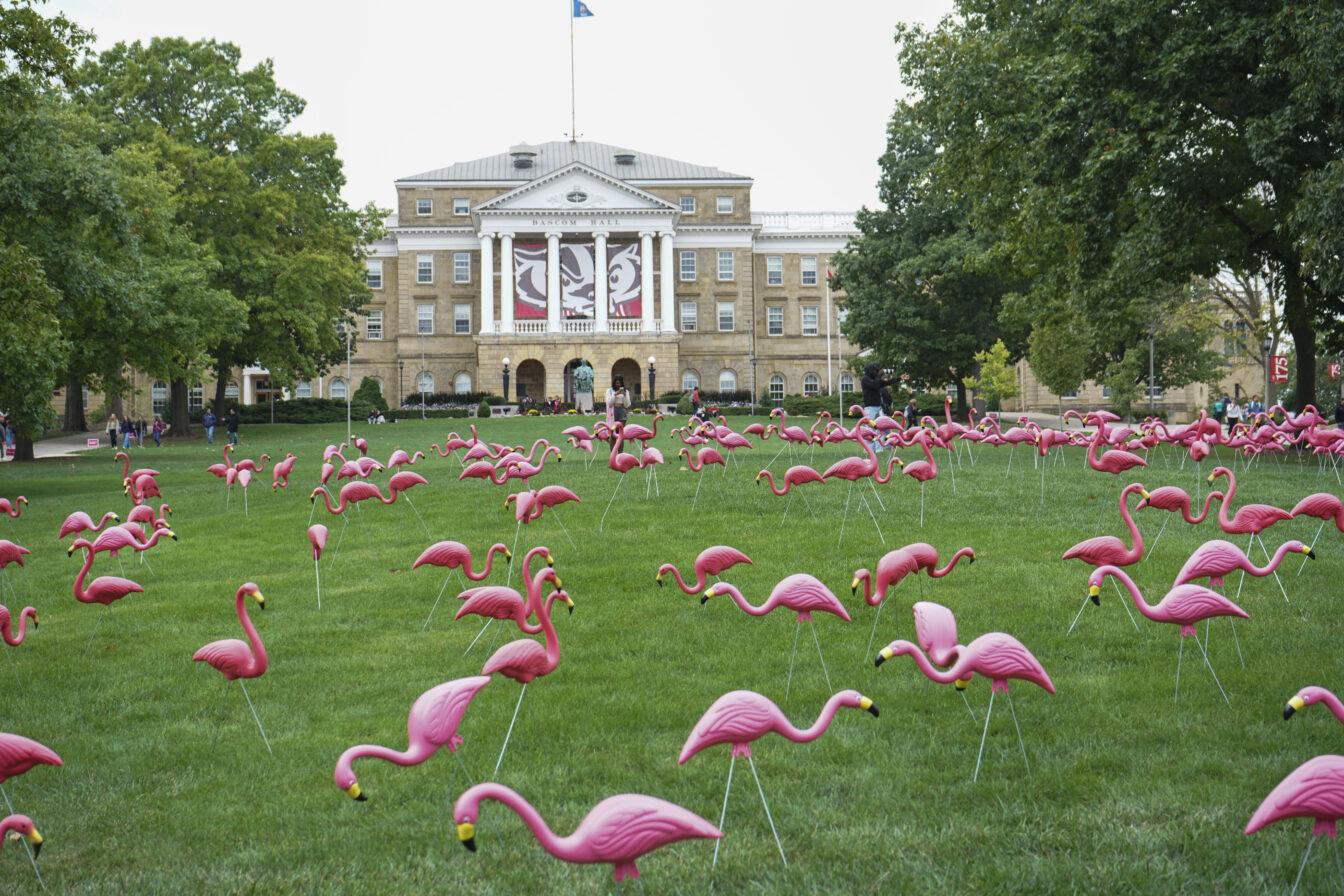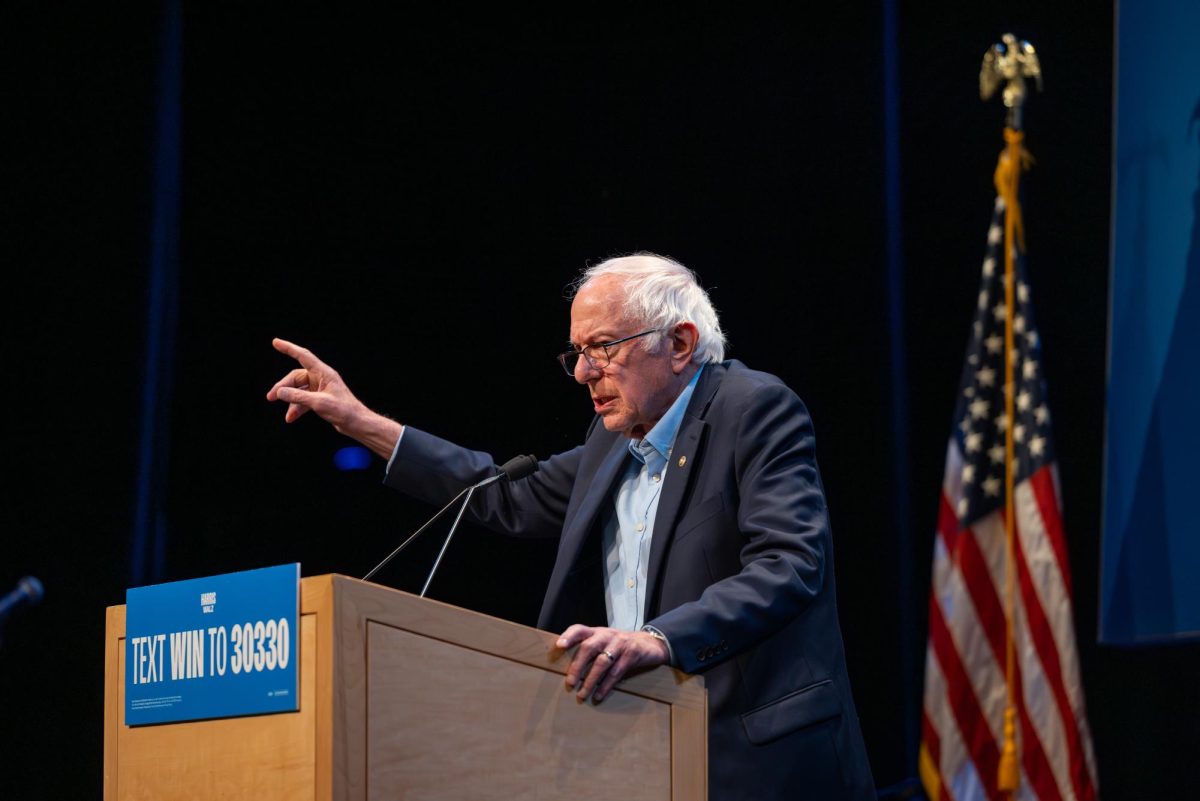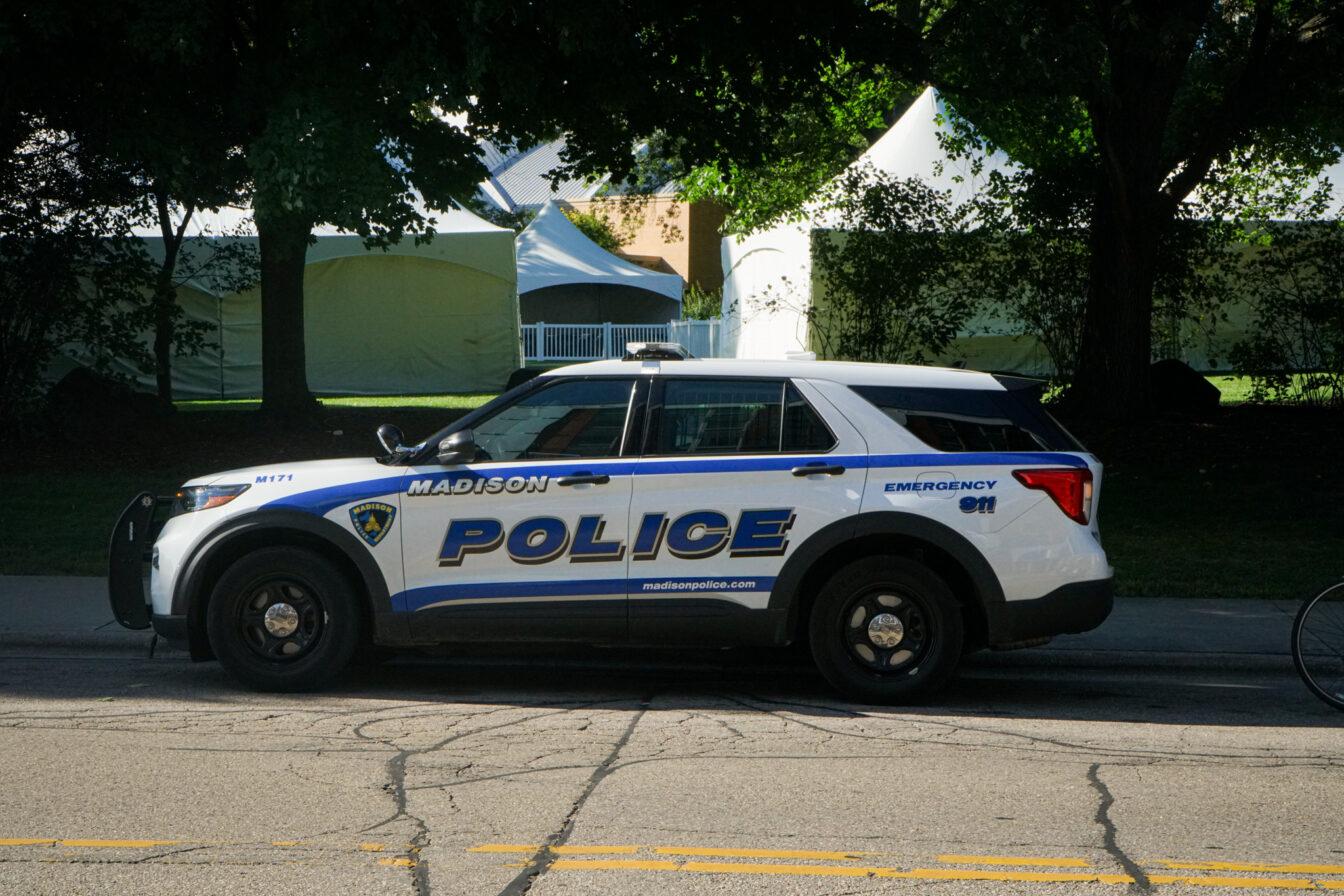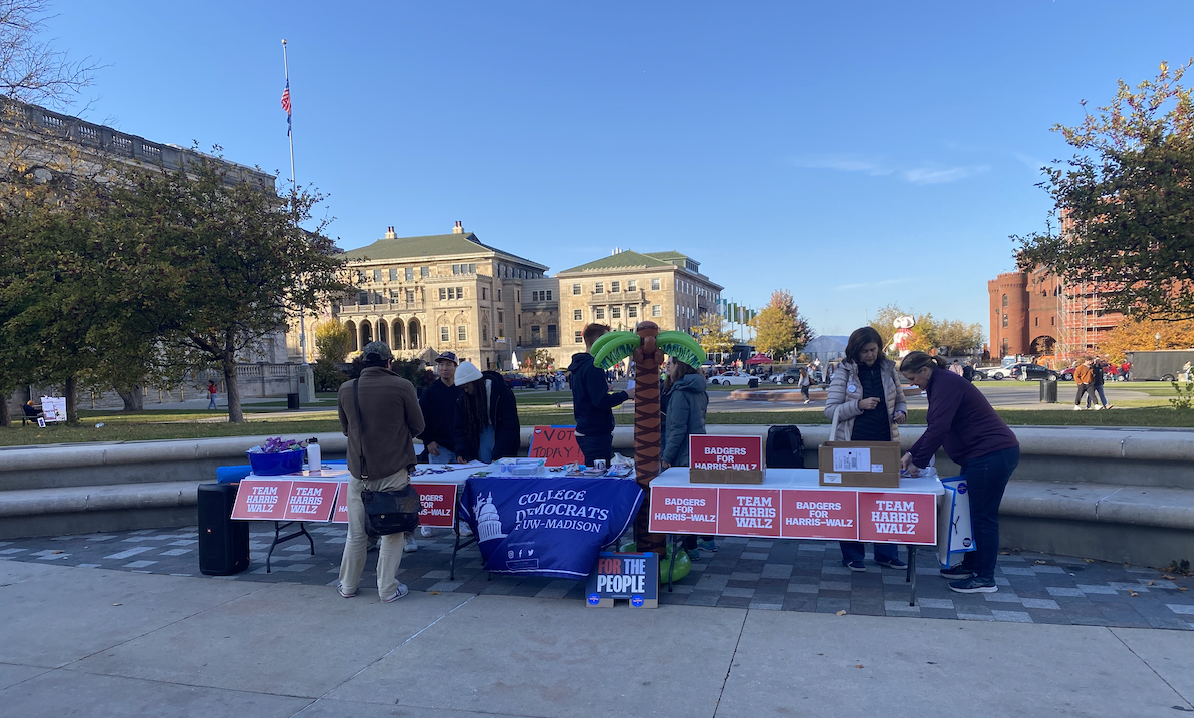Gov. Jim Doyle and legislative leaders ended the nation’s longest budget impasse on Friday by reaching a deal that will increase taxes on smokers but rejects proposed taxes on hospitals and oil companies.
The agreement uses a $1 per pack increase in the cigarette tax to help pay for health care programs. They include plans to make all children and thousands of low-income adults eligible for state-subsidized health insurance and to spend $30 million in smoking prevention programs.
Assembly Speaker Mike Huebsch and Senate Majority Leader Judy Robson both said they expected the new two-year, $58 billion budget to pass in their chambers on Tuesday. Doyle will then have a chance to rewrite the budget with his veto pen but he pledged to make few changes.
Republicans and Democrats both claimed victory. Democrats said the plan delivers on priorities such as funding for health care, the University of Wisconsin System and public schools. Huebsch said it holds down taxes and spending to levels closer to Republicans’ liking.
The agreement ends a budget impasse that was well into its fourth month. Wisconsin had been the only state with a July 1 deadline not to have a budget in place.
“For the first time in a long time Wisconsin has a budget,” Doyle said at a news conference late Friday. “Today, the Legislature has done the right thing for our schools; for the safety of our neighborhoods; for the health of our kids and the health of our economy.”
Each side said they made significant concessions after months of stalemate. Doyle said the plan cuts spending at state agencies, which could require hiring freezes and other cost-saving measures. He also said the plan does not include as much money as he wanted for local police and fire services.
The deal also includes:
— Doyle’s Wisconsin Covenant plan to promise college financial aid to eighth graders who pledge to meet certain requirements during high school.
— Increases in financial aid for low-income students and funding to pay for part of a program that gives free tuition to veterans who attend Wisconsin colleges.
— Plans to expand enrollments and research programs at some UW System campuses.
— A limit on property tax increases to 2 percent for each of the next two years. The deal averts a $80 million property tax increase that was looming without a budget.
Republicans who lead the Assembly and Democrats who control the Senate and the governor’s office spent months bickering over spending and taxes. The biggest sticking points had been Doyle’s plan to increase the state’s 77 cent per pack cigarette tax by $1.25 and impose a 0.8 percent tax on hospitals.
A $1 tax increase for cigarettes amounts to a compromise between Doyle and Huebsch, who had offered 75 cents.
Removing the hospital tax is a victory for Republicans, who had fought the plan since February. The tax would have been used for health care programs and to increase reimbursement rates for Medicaid providers but Republicans warned it would increase the cost of health care.
The deal also kills Doyle’s plan to fund transportation needs using a new tax on oil companies. Doyle said major transportation projects would not be delayed. Huebsch said borrowing to pay for them would increase.
The breakthrough came after several days of intense negotiations between aides to Doyle and legislative leaders. The talks started in earnest after the Republican-controlled Assembly on Monday met in a special session to reject Doyle’s latest offer, which they said still had too much spending and taxes.
The cigarette tax will anger smokers but advocates say it will deter children and adults from lighting up. The cost of a pack of Camels or Marlboros would go up to about $5.
Doyle’s BadgerCare Plus plan will allow all families to buy health insurance for their children through a state program, with a sliding scale based on income. An additional 70,000 low-income adults will have the same option under the deal.
But Doyle said removing the hospital tax means hospitals will not get an increase in reimbursements from the state for treating low-income patients. The tax would have generated matching federal money and many hospitals were lobbying hard for the measure, which Republicans called a tax on the sick.
The deal will also transfer $200 million from a fund used to compensate medical malpractice victims to the general fund. That move will likely be challenged in court by medical groups, who contend the money belongs to patients.
The increase in the cigarette tax and the fund transfer will anger conservatives in the Assembly but Huebsch said the plan would get a majority of votes in the chamber, which is controlled 52-47 by Republicans.
During the impasse, funding for state agencies continued at the same levels as the budget year that ended June 30. But without a new budget, the property tax hike was looming to pay for public schools, thousands of low-income college students were on a waiting list for financial aid and numerous other programs were in limbo.
Doyle warned this week he would have to partially shut down some government services without a new budget in coming months.
— Ryan J. Foley







